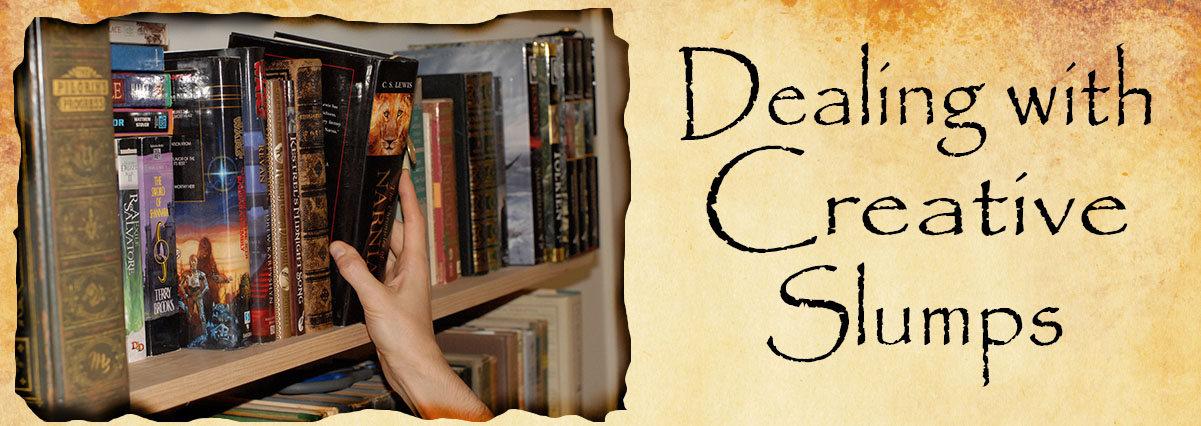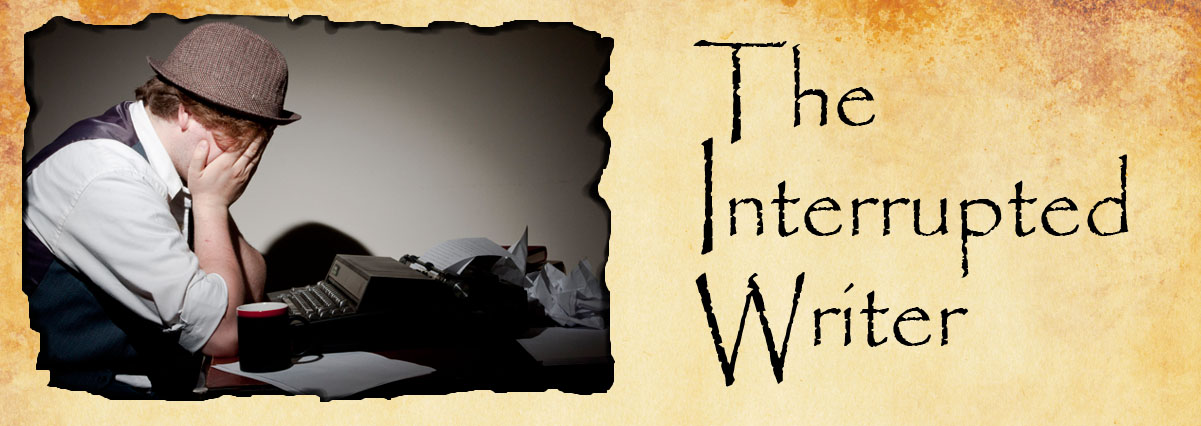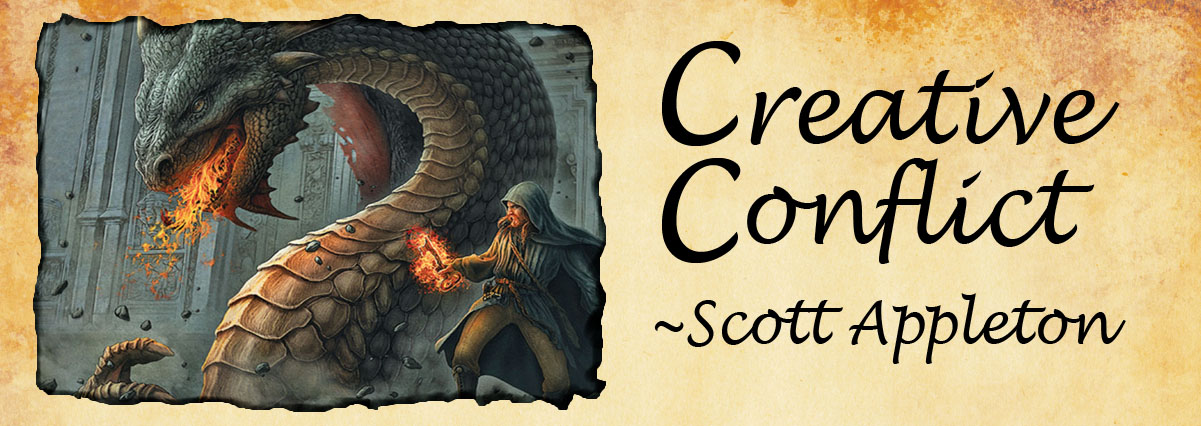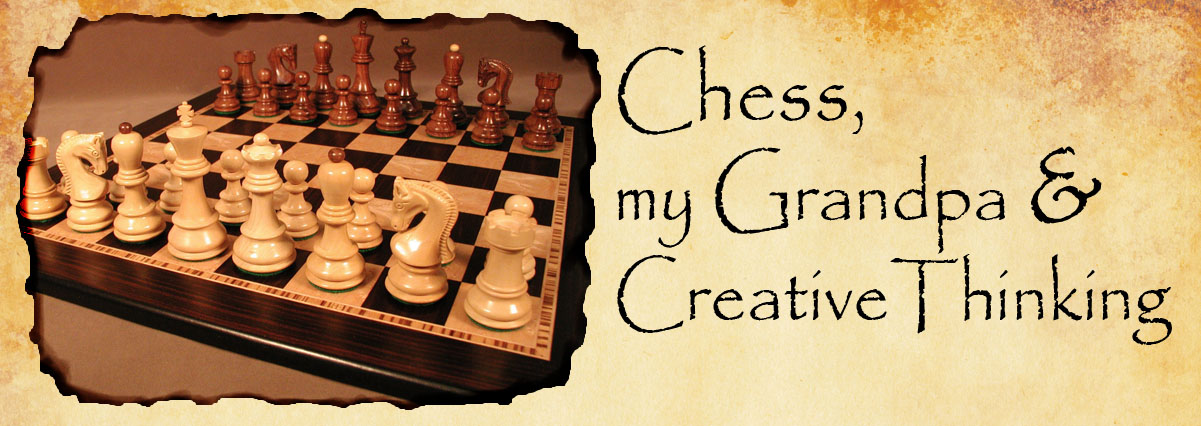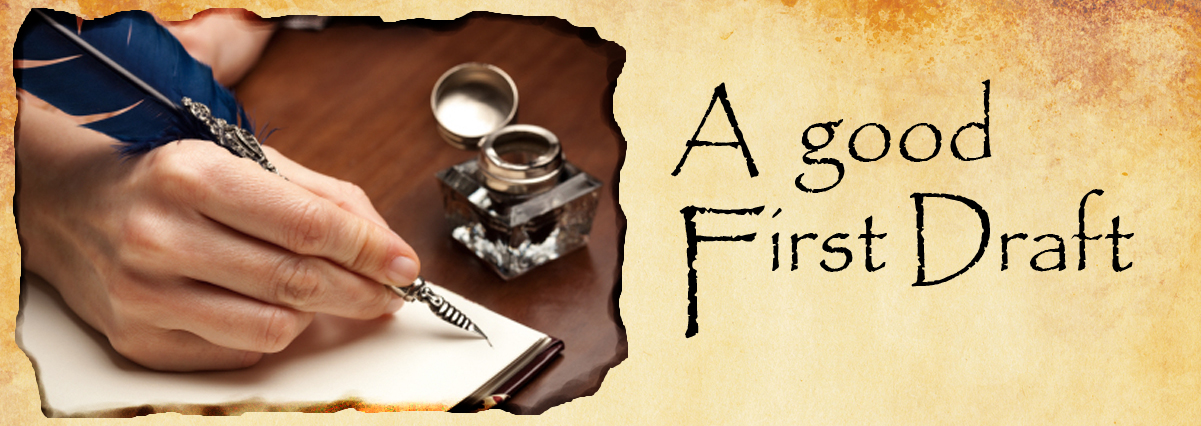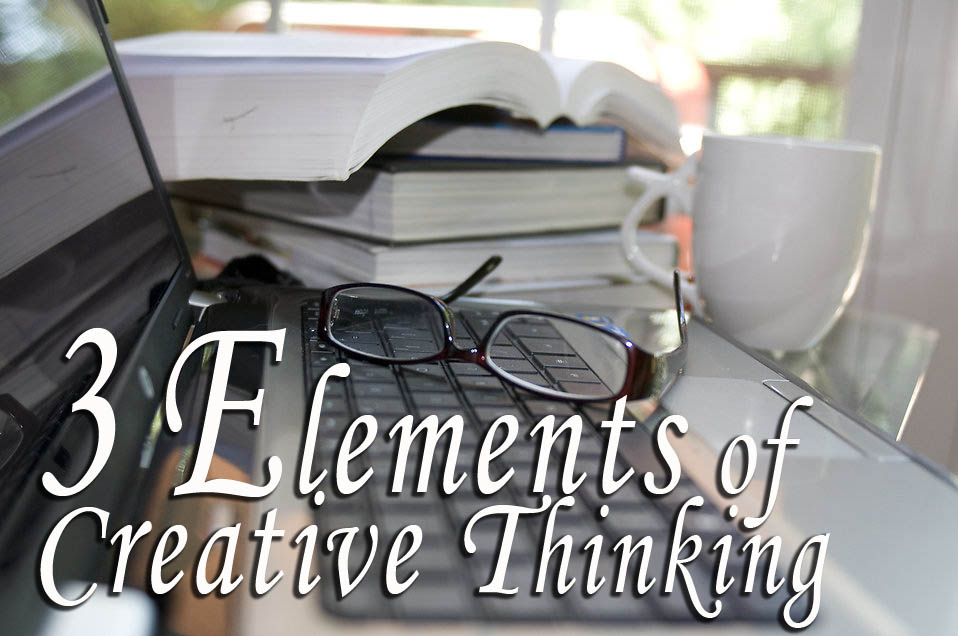Dealing with creative slumps
We creatives are strange creatures. We are writers and artists who live off of the ideas that populate in our brains. Let me stop beating around the bush. Tonight I am admitting I am having one of those moments… one of those days… one of those weeks.
My creative well has run dry. I smile as I think about it because I have been here before. It feels frustrating. I want to write some fantastic blog posts that will give you some great information and, hopefully, entertain you. Yet I stare at the screen and foolishly smile at myself.
I think we all hit these times. If we are writers, artists, or some other type of creative. Our brain works overtime when other people seem to relax. When I am thinking hard on a story idea, world-building, or publishing and writing in general, my hands literally get cold. I am not sure if this is the reason, but it seems to me my forehead always feels warm even when my hands are cold, as if my brain is firing too fast and all the blood runs to my head instead.
So what am I to do, and what should you do when you reach these moments? I have been in a creative slump for the past few weeks. This year I ran on burnout for too long and I think it simply caught up with me.
So what will I do?
I will relax. I will watch TV shows and a good science fiction movie, pick up a good book, listen to music. In short, I will refill my creative reservoir.
As far as keeping up with my blogging, I cannot let that fall behind… so I have written a blog post about my lack of creativity. 🙂 And you know what? It was fun! Sometimes the path to victory in these slumps is to admit you don’t have it so that you can fill your mind afresh.
Don’t think of these moments as defeat. Think of them as a time to reset, and recognize that you will come out stronger. Great art is not forced. It must be allowed to slowly grow.
Q: What do you do in creative slumps?
